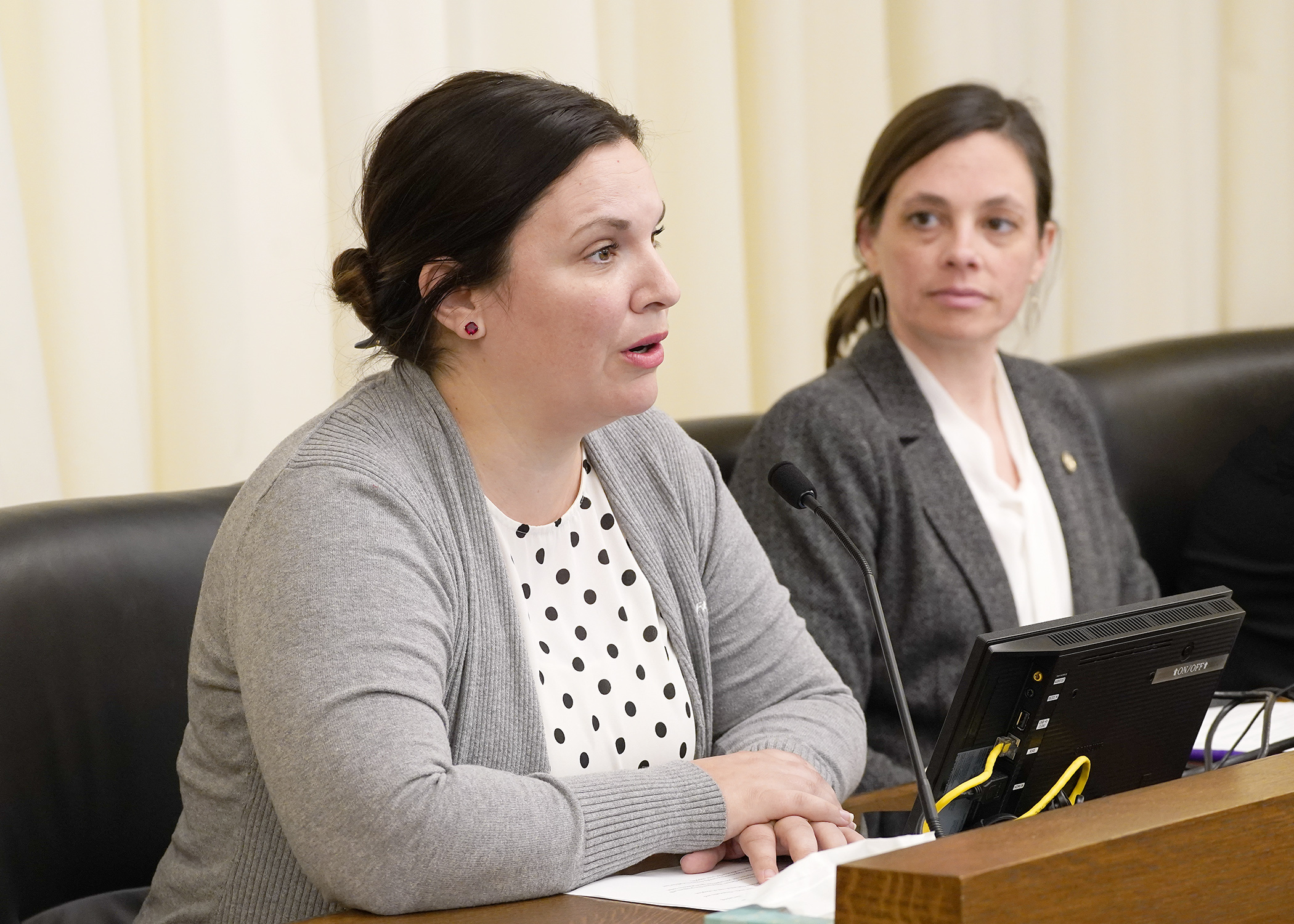Ag bill aims to reduce financial risk of launching new soil health practices

As much as farmers care about their land now and in the future, initiating new soil health practices can be a big job, said Carolyn Olson, an organic farmer and vice president of the Minnesota Farm Bureau. If not done correctly, farmers can take a big financial hit.
Aiming to reduce the risk, Minnesota offers grants to help farmers with the cost of practices such as reduced tillage, cover cropping, manure management, crop rotations and different grazing management that can increase the quantity of organic carbon in the soil.
Rebuilding precious topsoil is to renew life, said Rep. Kristi Pursell (DFL-Northfield). She sponsors HF1316, which would make the pilot program permanent and appropriate $10 million in fiscal year 2024 and $2 million annually beginning in fiscal year 2025 for competitive grants. There would be a $50,000 annual cap per participant.
Tuesday the House Agriculture Finance and Policy Committee laid over the bill, as amended, for possible omnibus bill inclusion.
The Department of Agriculture has $475,000 to distribute in the program. Launched in 2022 it is one of the first and only grant programs that can be used for purchase of equipment. Grants are between $500 and $50,000 for up to 50% of a project’s total costs.
The cash infusion could help retrofit equipment or be part of a downpayment on a high-clearance machine that might cost $500,000.
Patrick Lunemann, a farmer who serves on Governor’s Advisory Council on Climate Change, said better soil health is a climate win and the program fits with the state’s climate action framework.
Organizations ranging from Minnesota Pork Producers to The Nature Conservancy wrote jointly in support of the bill because it is voluntary and “inclusive of a wide array of practices that allow farmers to determine the best fit for their operation.”
Farmers want to do the right thing, Rep. Nathan Nelson (R-Hinckley) said, but they’ll often default to current practices because there is a cost to trying something new.
Related Articles
Search Session Daily
Advanced Search OptionsPriority Dailies
Stable budget outlook projects $3.7 billion surplus now, no deficit in next biennium
By Lisa Kaczke The projected surplus for Fiscal Years 2026-27 is now higher than it was in the November estimate, and no deficit is projected for the next biennium.
“Minnesota’s budge...
The projected surplus for Fiscal Years 2026-27 is now higher than it was in the November estimate, and no deficit is projected for the next biennium.
“Minnesota’s budge...
Legislative leaders set 2026 committee deadlines
By Lisa Kaczke Legislative leaders on Tuesday officially set the timeline for getting bills through the committee process during the upcoming 2026 session.
Here are the three deadlines for...
Legislative leaders on Tuesday officially set the timeline for getting bills through the committee process during the upcoming 2026 session.
Here are the three deadlines for...